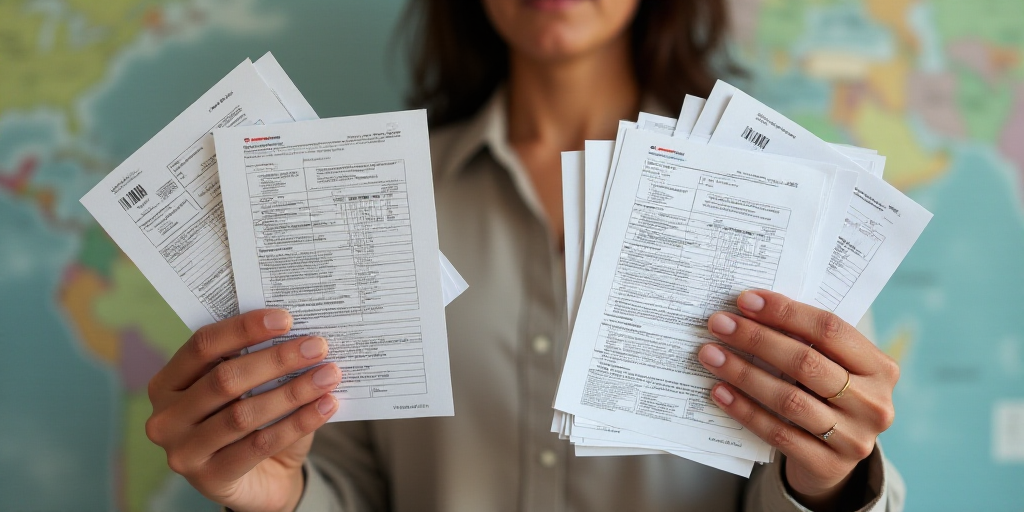Overview of the Accreditation by INE
The National Electoral Institute (INE) of Mexico has accredited 375 foreign visitors from 40 countries to observe the extraordinary electoral process for the selection of federal judicial positions in 2024-2025, scheduled for June 1.
Gender Distribution Among Observers
Of this group, 42.9% (161 individuals) are women and 57.1% (214 individuals) are men.
Top Countries Sending Observers
- United States: 48 observers
- Argentina: 37 observers
- Guatemala and Honduras: 34 observers each
- Haiti: 30 observers
- Colombia: 20 observers
- El Salvador: 18 observers
- Peru and Dominican Republic: 11 observers each
- France and Uruguay: 10 observers each
Diverse Sectors Represented by Foreign Observers
The foreign observers come from various sectors, including:
- 54 from electoral authorities
- 43 from democracy-focused organizations
- 43 from non-governmental organizations (NGOs)
- 22 from parliaments
- 63 from the diplomatic corps
- 44 students, academics, or researchers
- 106 classified as “others”
Observers’ Activities During Their Stay
During their stay, foreign observers will have the opportunity to:
- Learn about and be informed on the various stages of the federal electoral process
- Observe concurrent elections taking place in different states across the country
- Request interviews or informational meetings with INE officials through the International Affairs Coordination
- Engage with local electoral councils, district councils, and public bodies where elections are held
Key Questions and Answers
- Who accredited the foreign observers? The National Electoral Institute (INE) of Mexico.
- How many countries are the observers from? Observers come from 40 countries.
- What is the gender distribution among the observers? 42.9% are women (161 individuals) and 57.1% are men (214 individuals).
- Which countries sent the most observers? The United States sent the most observers (48), followed by Argentina (37) and Guatemala and Honduras (34 each).
- What sectors are the observers representing? Observers come from electoral authorities, democracy-focused organizations, NGOs, parliaments, diplomatic corps, academia, and various other sectors.
- What activities will the observers engage in during their stay? Observers will learn about the electoral process, observe concurrent elections, request interviews with officials, and engage with local electoral bodies.






